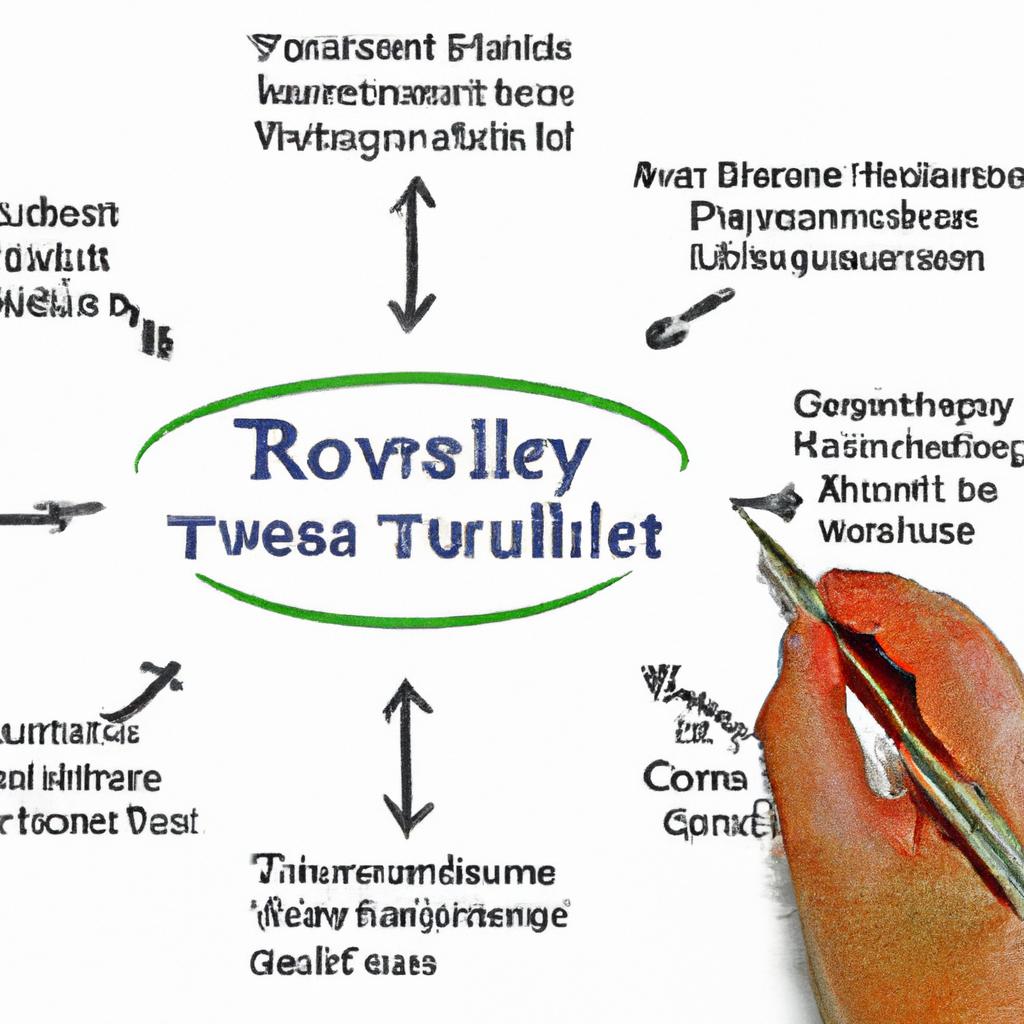In the realm of estate planning, a crucial element often overlooked is the establishment of trusts. Trusts come in various forms, each serving a unique purpose and carrying distinct legal implications. As experienced legal professionals at Morgan Legal Group in New York City, we understand the importance of trust structures in safeguarding assets and ensuring the smooth transfer of wealth. Join us as we explore the different types of trusts available and the benefits they offer in the realm of estate planning.
Types of Trusts in Estate Planning
When it comes to estate planning, there are several types of trusts that can be used to protect your assets and ensure they are distributed according to your wishes. One common type of trust is a revocable living trust, which allows you to retain control of your assets during your lifetime and designate how they should be distributed upon your death. Another option is an irrevocable trust, which cannot be changed once it is created and can offer tax benefits and asset protection.
Other types of trusts include special needs trusts, which are designed to provide for a loved one with disabilities without disqualifying them from receiving government benefits, and charitable trusts, which allow you to support a cause you care about while potentially reducing your tax burden. No matter your situation, there is a trust that can help you achieve your estate planning goals and protect your legacy for future generations.

Key Features of Revocable Trusts
Revocable trusts, also known as living trusts, are a popular estate planning tool that allows individuals to maintain control over their assets during their lifetime while also providing a smooth transition of those assets to their beneficiaries upon their passing. One key feature of revocable trusts is their flexibility, as the trust creator (grantor) has the ability to make changes to the trust at any time during their lifetime. This means they can add or remove assets, change beneficiaries, or even revoke the trust altogether if their circumstances or wishes change.
Another important feature of revocable trusts is their privacy. Unlike a will, which becomes a public document upon the testator’s death and is subject to probate court proceedings, a revocable trust allows for the avoidance of probate and keeps the details of the trust’s assets and distribution private. This can be particularly advantageous for individuals who value discretion and want to avoid the potential for family disputes or other complications that can arise during the probate process. Overall, revocable trusts offer a versatile and confidential way to manage assets and ensure a smooth transfer of wealth to future generations.

Understanding Irrevocable Trusts in Asset Protection
An irrevocable trust is a type of trust that cannot be modified, amended, or revoked once it is established. This type of trust is commonly used for asset protection, as the assets in the trust are no longer considered the property of the trust creator. Instead, they are owned by the trust itself, which can provide significant protection against creditors and lawsuits. Irrevocable trusts are a powerful tool for preserving wealth and ensuring that assets are passed down to beneficiaries according to the wishes of the trust creator.
There are several different types of irrevocable trusts that can be used for asset protection. Some common types include: spendthrift trusts, charitable remainder trusts, and irrevocable life insurance trusts. Each type of trust has its own unique advantages and can be tailored to meet the specific needs and goals of the trust creator. It is important to work with an experienced estate planning attorney to determine the best type of irrevocable trust for your individual circumstances.
Choosing the Right Trust for Your Estate Plan
When it comes to estate planning, choosing the right trust is crucial in ensuring that your assets are protected and distributed according to your wishes. There are several types of trusts available, each designed to serve different purposes and cater to individual needs. It is important to understand the differences between these trusts in order to make an informed decision that aligns with your estate planning goals.
Some common types of trusts include revocable trusts, irrevocable trusts, living trusts, and testamentary trusts. Revocable trusts allow you to make changes or revoke the trust during your lifetime, while irrevocable trusts cannot be changed once they are established. Living trusts are created during the grantor’s lifetime and can be used to avoid probate, while testamentary trusts are established through a will and take effect after the grantor’s death. Each type of trust has its own advantages and considerations, so it is important to consult with an experienced estate planning attorney to determine which trust is best suited for your specific needs.
Q&A
Q: What are the different types of trust that exist?
A: There are several kinds of trust that play crucial roles in our interpersonal relationships and societal structures.
Q: Can you explain the difference between personal trust and institutional trust?
A: Personal trust refers to the reliance we have on individuals in our lives, while institutional trust pertains to the confidence we place in larger organizations or systems.
Q: How does trust differ in professional settings compared to personal relationships?
A: In professional settings, trust often involves competence and reliability, whereas in personal relationships, emotional intimacy and honesty are key factors.
Q: Is there a difference between blind trust and earned trust?
A: Blind trust is placing unwavering faith in someone without evidence or reason, while earned trust is built over time through consistent actions and behaviors.
Q: How does trust impact societal structures and dynamics?
A: Trust is essential for fostering cooperation, building strong communities, and maintaining social order. Without trust, relationships and institutions can crumble.
Q: Can trust be repaired once it has been broken?
A: While rebuilding trust can be a challenging and lengthy process, with open communication, accountability, and genuine efforts to rectify the situation, it is possible to mend broken trust.
Closing Remarks
In conclusion, understanding the different types of trust that exist can help us navigate our relationships and interactions more effectively. Whether it’s blind trust, earned trust, or conditional trust, each form plays a crucial role in our lives. By recognizing and fostering these different kinds of trust, we can cultivate healthier connections and build stronger bonds with those around us. So, next time you find yourself pondering the concept of trust, remember that it comes in many shapes and forms – all of which are essential in shaping our interactions and connections in this intricate web of human relationships.

